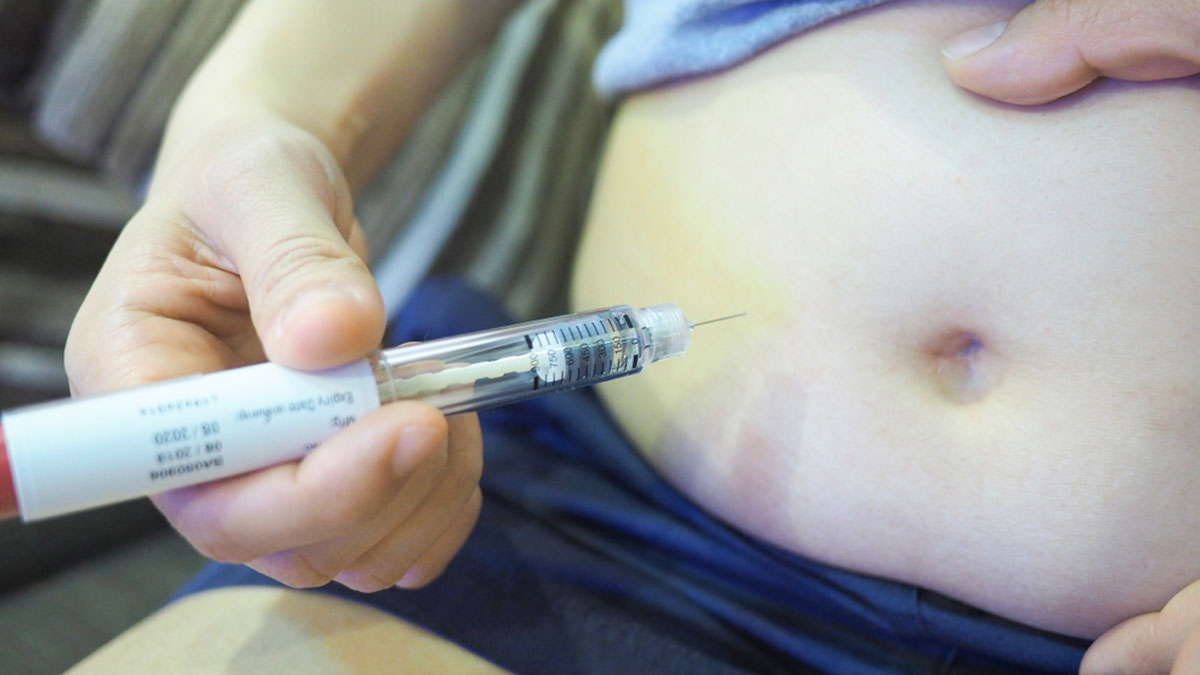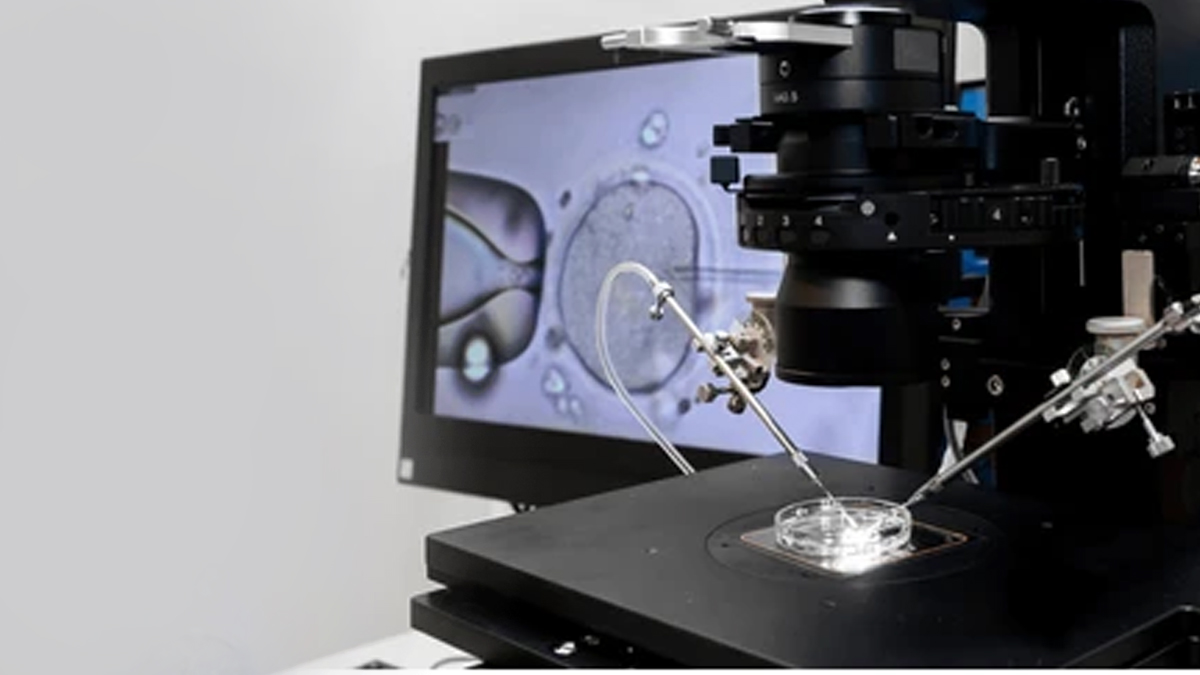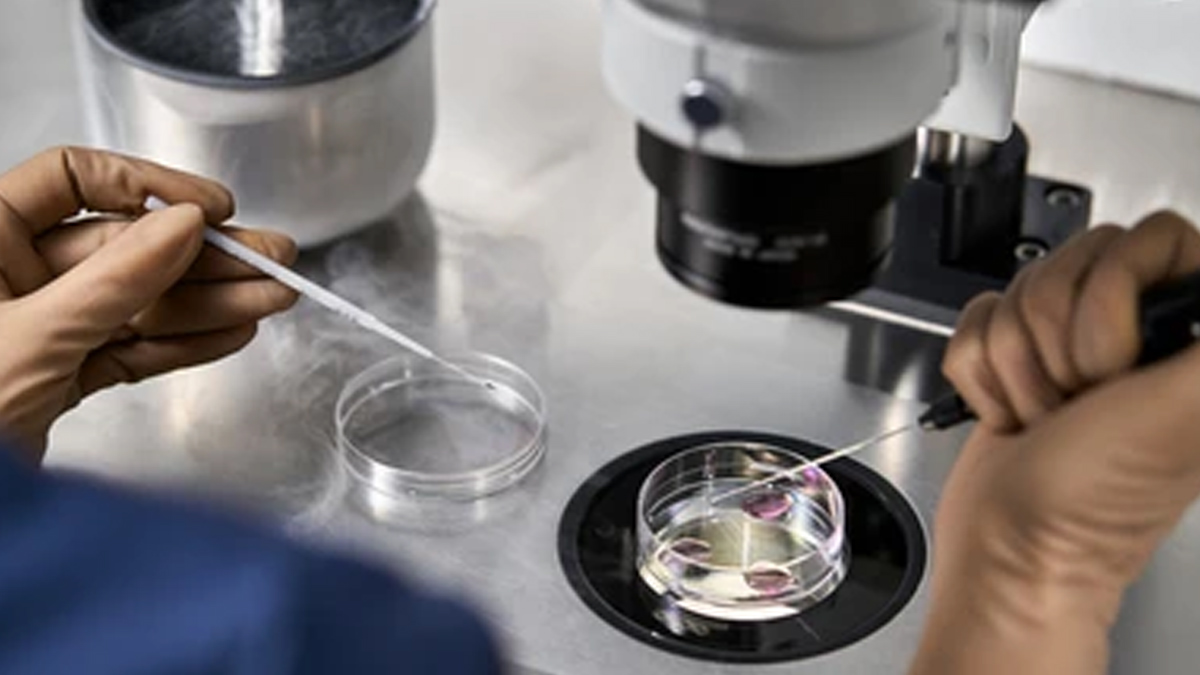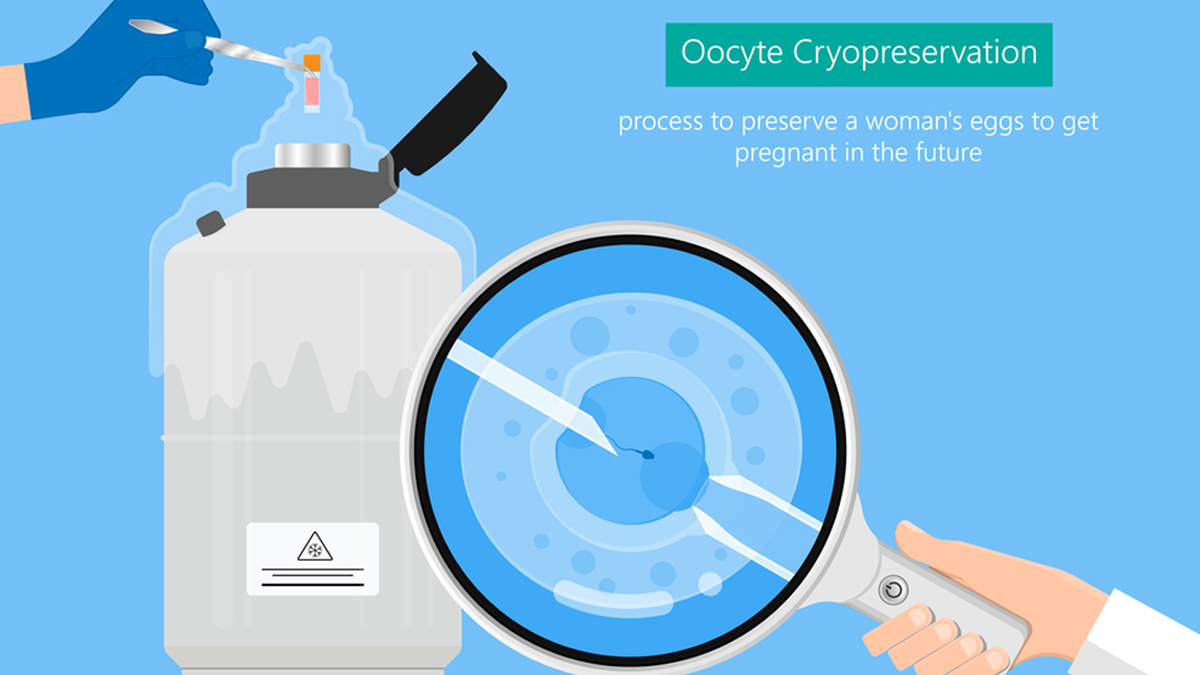
In recent times, the approach to family planning has undergone significant changes, particularly among millennials. This generation, known for their high aspirations and fast-paced lifestyles, is reshaping traditional timelines for significant life events, including starting a family. In India, urban populations are at the forefront of this shift, with many young professionals choosing to delay parenthood. The average age for millennials to become parents now ranges from 28 to 36 years, reflecting a desire to achieve career goals, financial independence, and personal ambitions before embracing parenthood.
Table of Content:-
In the past, late pregnancy was often viewed with scepticism due to concerns about declining fertility and increased health risks for both mother and child. However, advancements in medical technology and evolving societal norms have diminished the stigma surrounding late pregnancies. Today, fertility preservation offers millennials a way to align their reproductive goals with their career aspirations without compromising either.
To understand what is fertility preservation and why more young women are choosing to freeze eggs, OnlyMyHealth spoke to Chaitali Taware, IVF Specialist, Clara IVF, Mumbai.
What is Fertility Preservation?

Explaining, Dr Taware said, “Fertility preservation or ‘Oocyte cryopreservation', involves freezing a woman's eggs to use in the future. This technique, also known as egg freezing, allows women to defer pregnancy until they feel ready, both professionally and personally.” By preserving their eggs, women can focus on other priorities without the looming pressure of a biological clock. This modern approach aligns with the emphasis on personal autonomy and informed decision-making.
Also read: Can Women With Diabetes Go For IVF? Here’s What Expert Explains
Benefits of Fertility Preservation

The benefits of fertility preservation are particularly compelling for career-driven individuals. It offers women the flexibility to pursue their career goals, travel, and follow personal passions without worrying about fertility issues later in life. “For women undergoing crucial medical treatments, such as for PCOD or chemotherapy, which may affect fertility, preserving eggs can safeguard their reproductive future,” Dr Taware suggested.
Adding further, she said, “By freezing eggs at a younger age, women can potentially reduce the risks associated with late pregnancies. Knowing that their fertility is preserved can reduce anxiety and allow women to make family planning decisions on their own terms.”
Also read: Starting Your IVF Journey? Expert Shares How To Choose An IVF Centre
The Fertility Preservation Process

The journey of fertility preservation is well-structured and involves several steps. Explaining the procedure step by step, Dr Taware said, “It begins with a comprehensive medical evaluation and consultation with a fertility specialist to discuss individual circumstances and expectations. This is followed by a series of daily hormone injections for about 10-14 days to stimulate the ovaries to produce multiple eggs. Regular ultrasound and blood tests monitor the development of ovarian follicles.”
“Egg retrieval is then performed, usually under sedation, to collect the eggs from the ovaries. The harvested eggs are frozen using a technique called vitrification, which prevents ice crystal formation and preserves the eggs’ viability,” she added.
Conclusion
The rise in fertility preservation among young women is a testament to the changing dynamics of career and family planning. As women continue to pursue their ambitions, fertility preservation offers a viable option to balance personal and professional goals without compromising on either. By understanding and embracing this modern approach, women can take control of their reproductive health and plan their futures with greater confidence and autonomy.
Also watch this video
How we keep this article up to date:
We work with experts and keep a close eye on the latest in health and wellness. Whenever there is a new research or helpful information, we update our articles with accurate and useful advice.
Current Version
